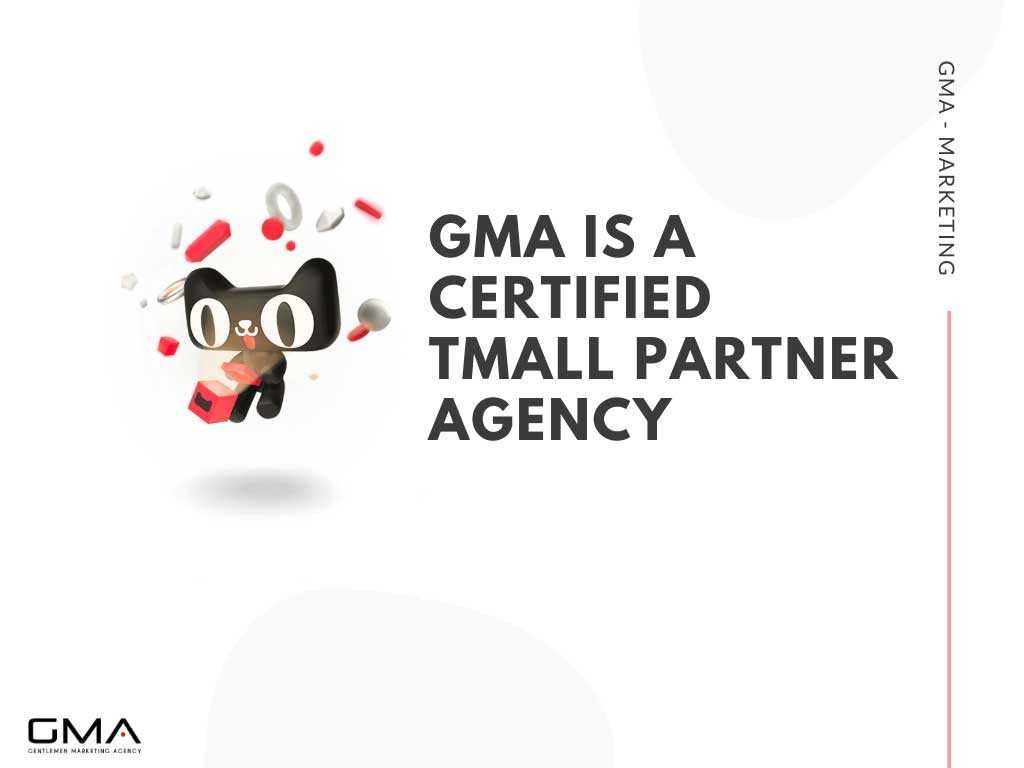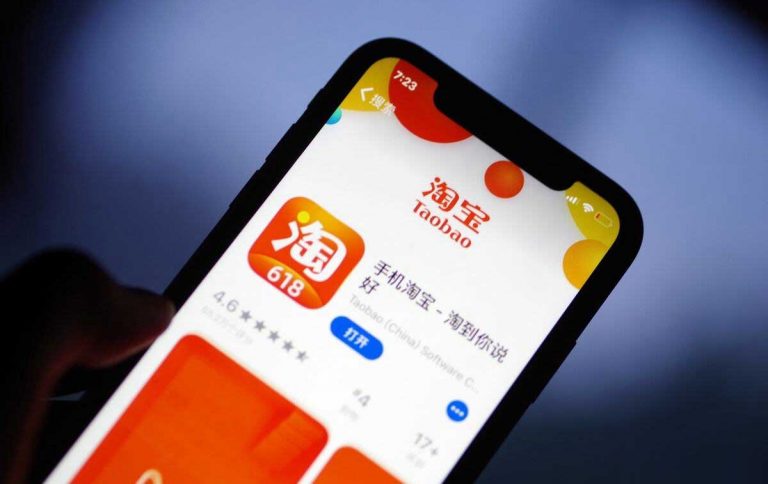How To Open a Tmall Store? Step-by-Step Guide

Opening a store on Tmall is a great way to reach Chinese consumers. Now the big question is how to open a Tmall store and what you need to do to make it successful. Keep in mind that there are some rules and regulations that you must follow in order to sell on Tmall, so be sure to read them carefully.
We also suggest working with a China-based marketing agency that can help you understand and comply with these requirements. With the right planning and execution, your Tmall store can become a profitable part of your business!
Cost-Effective Agency
KPI and Results focused. We are the most visible Marketing Agency for China. Not because of huge spending but because of our SMART Strategies. Let us help you with: E-Commerce, Search Engine Optimization, Advertising, Weibo, WeChat, WeChat Store & PR.
Is establishing a Tmall store within your crosshairs? There’s no question that it’s worth it because it certainly is. In this article, we’re going to talk about how to open and operate a Tmall store.
Overview of China’s E-Commerce Market
China, in recent years, has quickly become the world’s largest e-commerce market, so large that it has easily become a major driver in the country’s retail economy. The significant growth started way back in 2014 at 12.4% and grew to almost 50% in 2023.
That was just the start. During the pandemic era, China’s e-commerce market almost single-handedly stabilized its retail economy. By 2023, China’s e-commerce industry is expected to take about 64% of the country’s retail sales market, estimated at around $1.9 trillion.
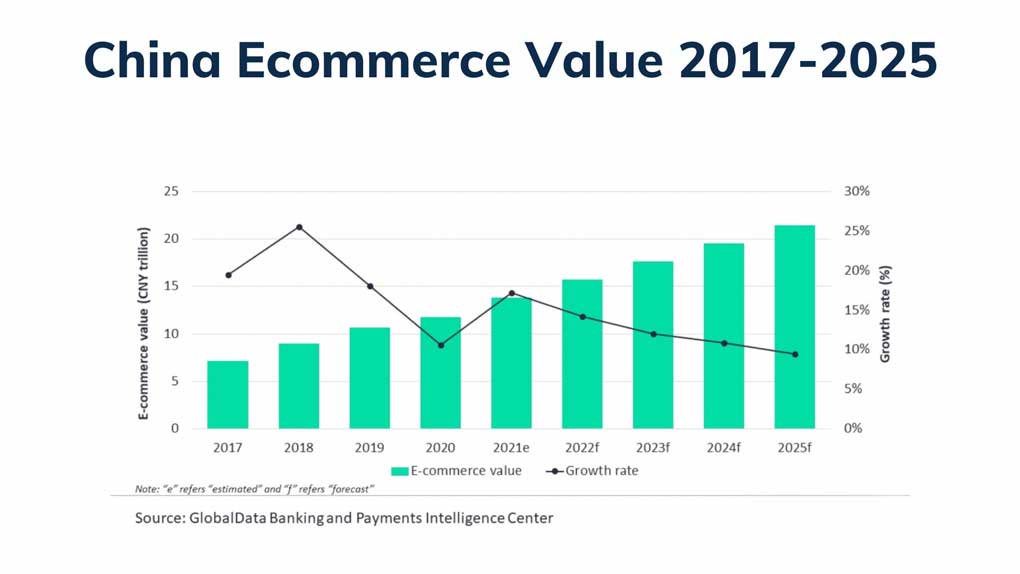
China is now considered a very digitized market. The dynamics of how things are sold to consumers have completely shifted with the country’s infrastructure constantly adapting to newer technologies to keep up with the demand as well as internet-related tools.
The Chinese population, in general, is one of the most connected there is in the world given that they use the internet for almost anything that they do. That’s why it’s to no one’s surprise that the Chinese consumer would want to utilize online stores for their needs as opposed to visiting physical locations.
Tmall: One of China’s Biggest E-Commerce Platforms
Tmall is Taobao’s subsidiary and was founded under the Alibaba group. Tmall’s target market is Business-to-Customer or B2C primarily. Tmall is known to have a very practical yet effective concept and this has worked wonders for the organization so far.
The concept? It’s to allow both local and foreign investors to sell on their platform. The digital space offered is not only limited to Mainland China but also to Taiwan, Macau, and Hong Kong.
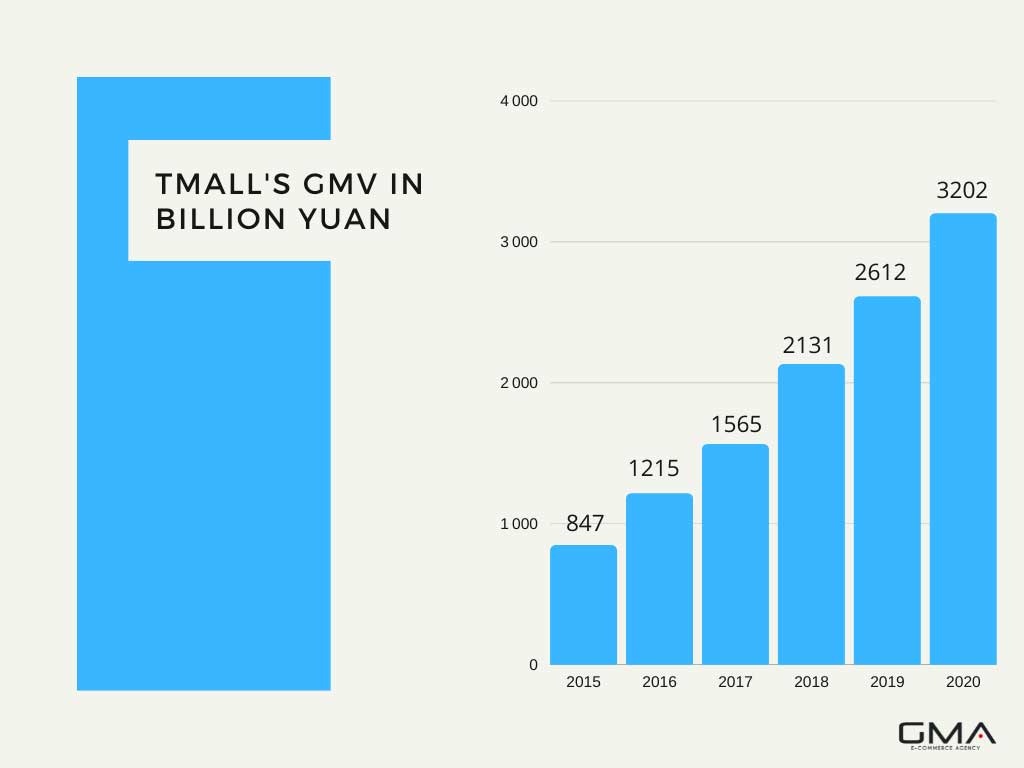
Tmall is also known to have strict policies in terms of quality. To give you a better perspective on how e-commerce platforms rank in China, as of 2019, T-mall trails only Taobao itself based on gross merchandise volumes and it beats Ali Express by a wide margin.
It’s also important to note that by 2022, as per Alexa, Tmall had the most online traffic volume in the China market, beating powerhouse websites such as Baidu, QQ.com, and more.
If you beat a search engine in online traffic volume then you can bet your platform in China is profitable.
Tmall vs. Tmall Global
Now that we’ve established what Tmall is, let’s talk about Tmall Global briefly because it’s very important to foreign investors that are looking to have a store on Tmall Global without a physical presence in the Chinese market.
Just to be clear, Tmall is specifically for brands that also have a physical presence in the country itself. If you don’t have a physical presence in China but still want to sell your products on the platform then you can go for the Tmall Global store because that’s exactly why it was created.
Today, Tmall Global is the most popular cross-border e-commerce platform in China. Tmall Global allows companies to sell directly to consumers in China, without the need for a physical presence, Chinese business license or Chinese bank account.

There are several distinctions and advantages that Tmall Global has got over Tmall. This includes allowing you to use a bank account in your home country, register your trademarks in any country, and allow you to ship your products to the Chinese consumer from overseas.
Tmall Global does also have slightly higher fees than Tmall, but the small increase is reasonable enough given the operational costs required.
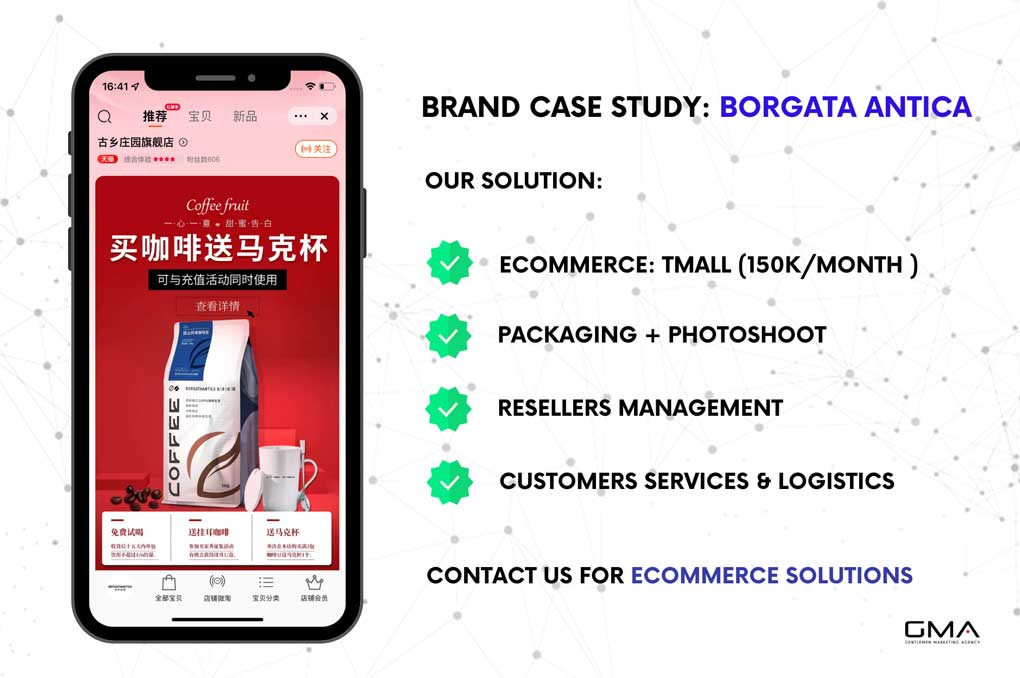
How To Sell on Tmall?
On Tmall, it does not matter how passionate you are about your brand or products, you will have digital real estate on the platform and retain it if you can convince Tmall that you have the ability to sell on their platform long-term and can attract potential customers effectively.
In terms of requirements, take note that Tmall needs their sellers to have Chinese documents ready and have their products registered locally. Look around the platform and you’ll most likely see brands that are recognized globally and have a strong local presence within the country.
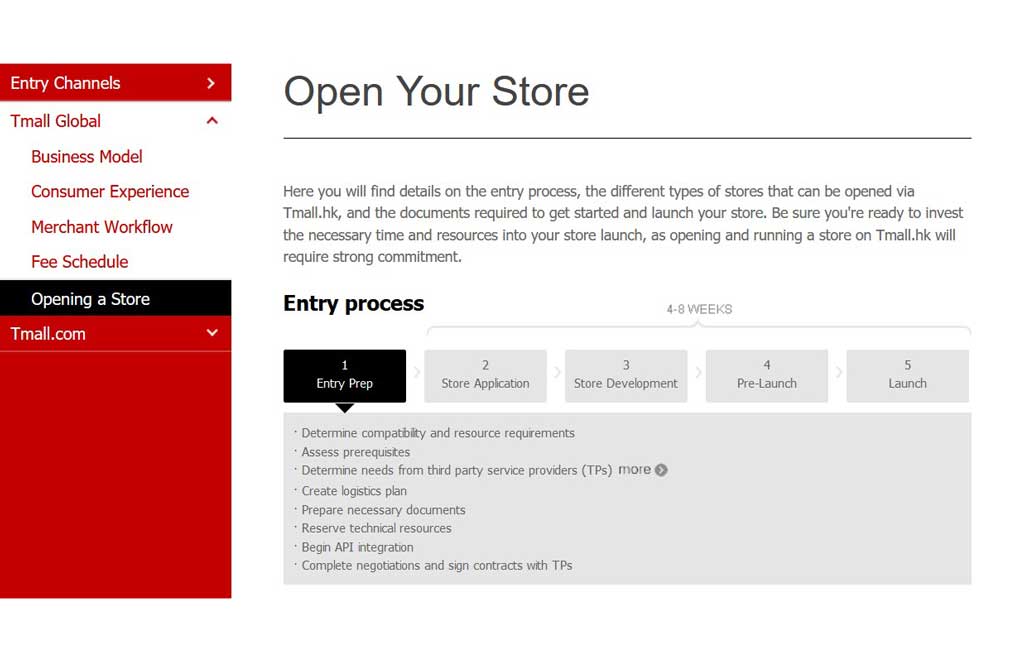
Let’s take a look at the basic requirements and regulations imposed to open a merchant account in Tmall:
- If you want to sell on Tmall, you need to be a company located in China and have a Chinese retail business license.
- With that being said, the platform is very strict when it comes to screening business applicants and will require proof of its genuineness.
- The products themselves need to be located in China so the Chinese consumer can receive them as fast as possible.
- Tmall further requires merchants to ship ordered products within 72 hours.
- The consumers are then allowed to return the products after seven days of receiving them.
The Three Types of Tmall Accounts
You can open three types of Tmall stores, i.e. an Authorized store, a Specialty store, or a Flagship store.
Tmall Authorized Store
An Authorized store allows merchants a chance to open up shop on Tmall by utilizing the brand owner documents. Their shops will then be authorized to sell branded products and even that of multiple brands with special permission from Tmall. Also, the authorization documents of the trademark owner should not have any regional restrictions.
Tmall Specialty Store
A Specialty Store allows merchants to sell products that are from varying brands but within the same category. This should allow merchants to sell products from two or more brands within the same category that they own and do not own. A merchant may also only open one specialty store per category.
Tmall Flagship Store
Lastly, a Flagship store, which has recently become the bread and butter of Tmall, is a great option for merchants who own their own brands. This type of store enables the platform to not only be the place where big brands put up shop but also smaller and innovative ones to thrive.

In short, flagship stores allow merchants to open the store on the platform while owning their own brand and trademark and keeping sole authorization of their products.
Registration Fees
Tmall registration and running fees can be a bit steep but are worth it.
- Flagship stores cost around 50000 RMB to 100000 RMB.
- The online marketplace is around 100000 RMB to 150000 RMB.
- Technical services require you to pay around 30000 RMB to 60000 RMB per year.
- Sales commission can be from 0.5% to 10% of sales. Most merchants pay a sales commission of 2% to 5%.
- Alipay will also take 1% of your sales given that Chinese consumers utilize the platform for their payments.
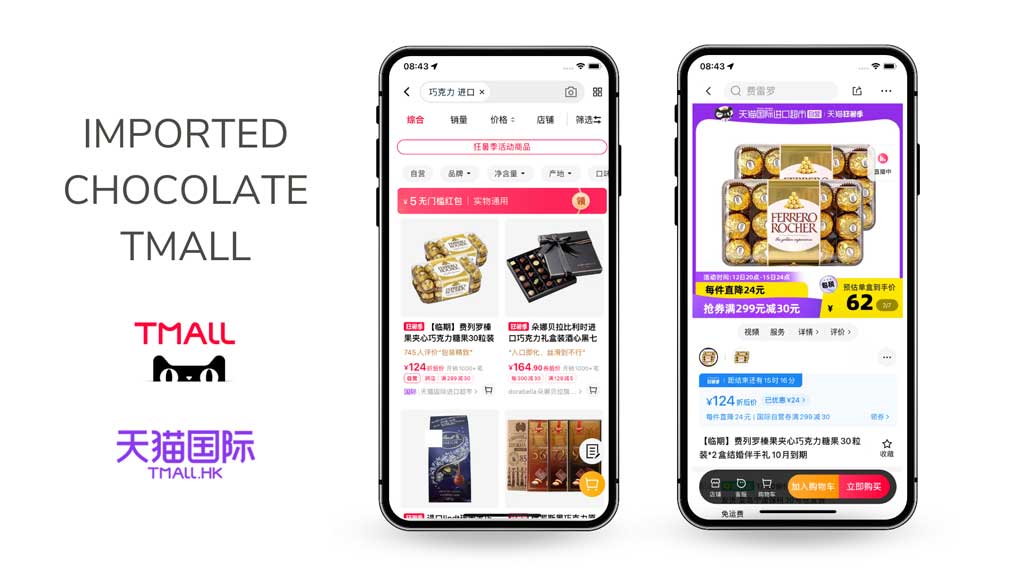
Need More Reasons Why Tmall Is the Top Choice?
Tmall currently houses over 70,000 brands from 50,000 plus stores. You’ll have the entire Chinese consumer to cater to if you play your cards right.
It’s also the platform for all brands and will allow you to sell to the Chinese public without opening a brick-and-mortar shop. The platform also utilizes Alipay which is known to be one of the most reliable methods of payment in China, so you’re certain that you will get paid.
Lastly, Tmall offers a ton of analytics tools that you can use to your advantage. It’s also available to access from Taobao Mall, the biggest shopping platform in China.
Quick Tips to Increase Your Tmall Store Sales
When selling products on the internet in Mainland China, there are a few metrics to keep an eye out for. The first of these is your conversion rate: how many people who visit you actually buy something from among all those that come into contact with your site or social media page? It’s important because if it isn’t high enough then no amount of traffic will make up for lost sales! How do you increase your conversion rate all while reducing your acquisition cost on Tmall and Tmall Global?
An Omnichannel Strategy
Increase your visibility and be everywhere your target audience is to start selling on Tmall or Tmall Global. Offline and more importantly online. (Obviously, you’ll have to localize your content and strategy). For instance, Chinese social media are critical for brands that wish to succeed in China.

Chinese social media is a hotbed for marketing in China. Weibo, WeChat, and other apps like Little Red Book (RED) or Douyin are worth exploring when looking to sell on Tmall. They are a perfect medium to promote your brand, communicate and engage with your target audience.
While it is true that you don’t have to be on every single Chinese social media site, the consensus among many businesses in China seems like WeChat is a must simply because of the sheer size of its user base. We would also strongly suggest Weibo for the viral potential of the app and the many useful marketing tools available to businesses.
Online Reputation Management
Another thing worth checking in China specifically but also across other markets too is reputation management – establishing yourself as someone trustworthy before potential buyers even start looking at whatever product they want is key to growing your conversion rate.
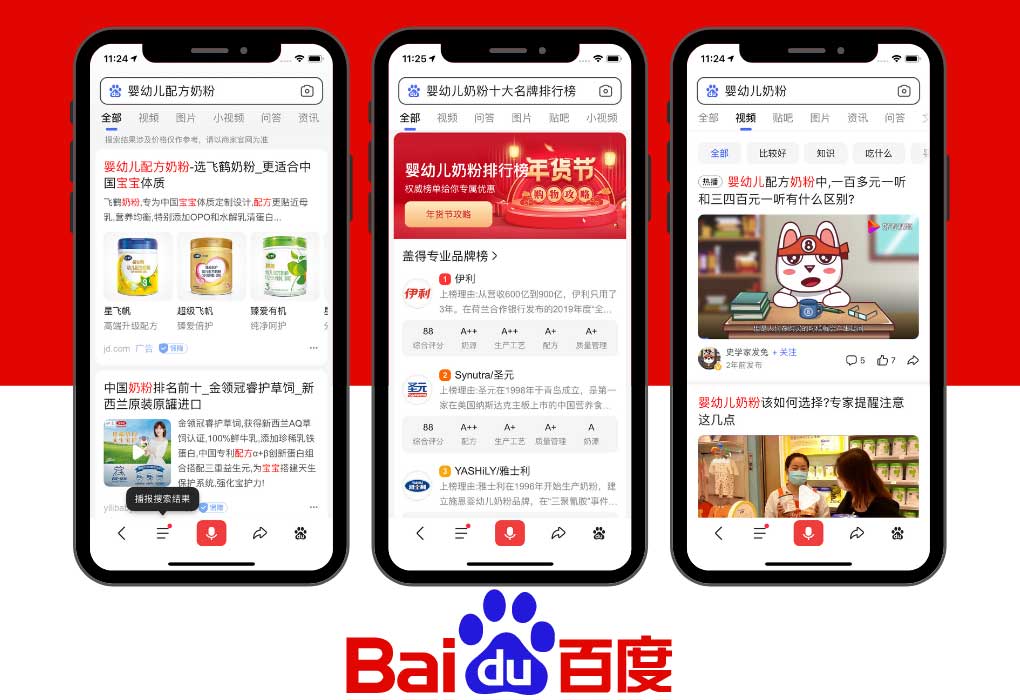
We suggest that companies have their own websites ranked high up within Chinese search engines such as Baidu; they should open official accounts with popular social media apps like WeChat, use undercover marketing to mirror peer reviews (for example: using forums like Zhihu); make sure there are frequent press releases issued across all channels so nothing goes unnoticed by the public at large.
Selling in China with a Tmall Store: Wrapping Up
China’s booming e-commerce economy is certainly enticing to a lot of investors and businesses, so it’s already a given that the competition is going to be tough. But, that doesn’t mean that it’s impossible to set up shop and take advantage of it.
Tmall in particular is offering foreign investors a chance to penetrate its market and give them a large piece of the pie. Chinese consumers, as discussed, are also exploring their many options online and are willing buyers of the right brand.

If you need help setting up your Tmall store or if you need an agency to acquaint you and help you navigate the many pitfalls of such a promising yet challenging Chinese e-commerce industry and what Tmall and Tmall Global requires from you, then don’t hesitate to contact GMA today!
We are a certified Tmall partner and we offer comprehensive Tmall services to all brands in need of help!
